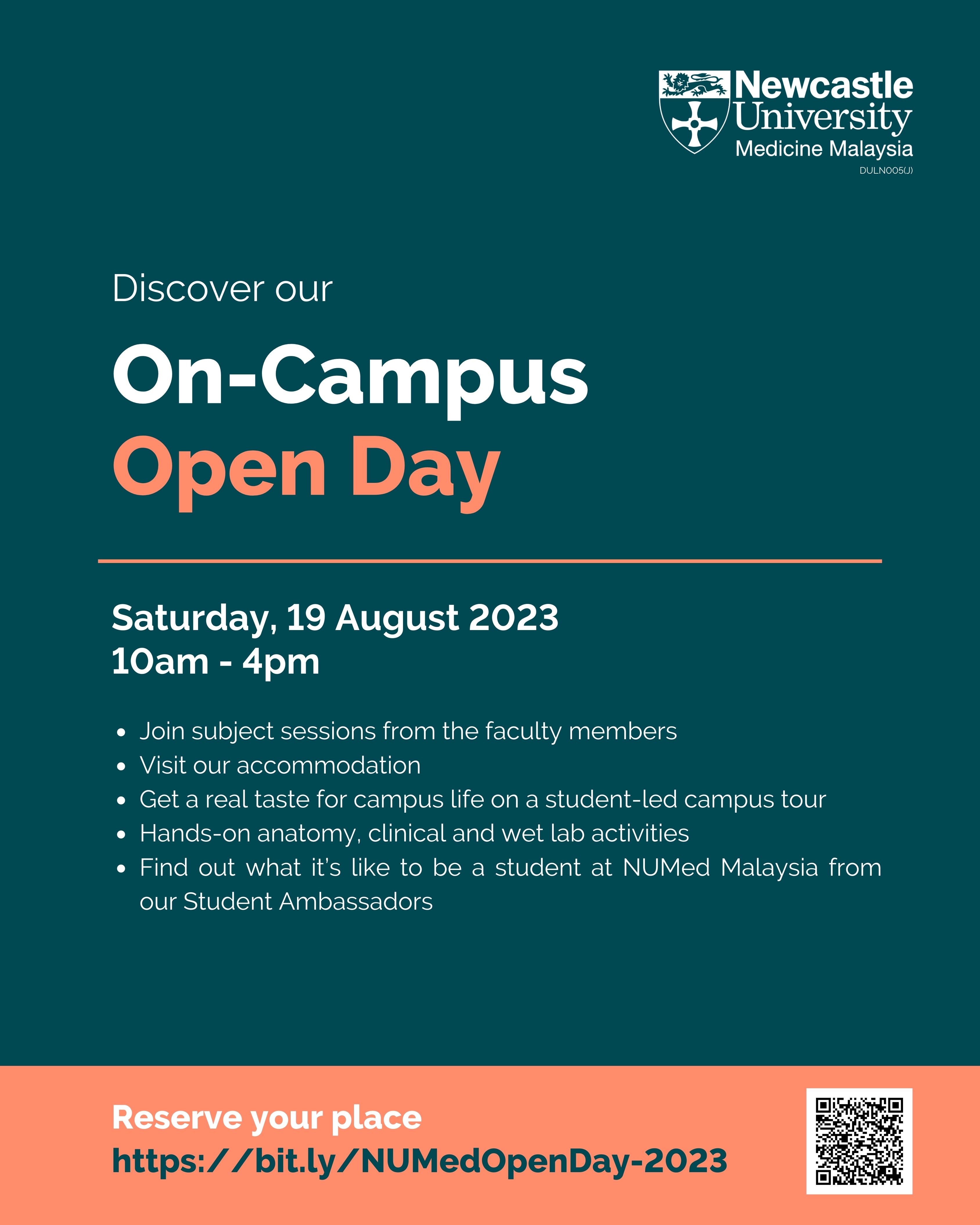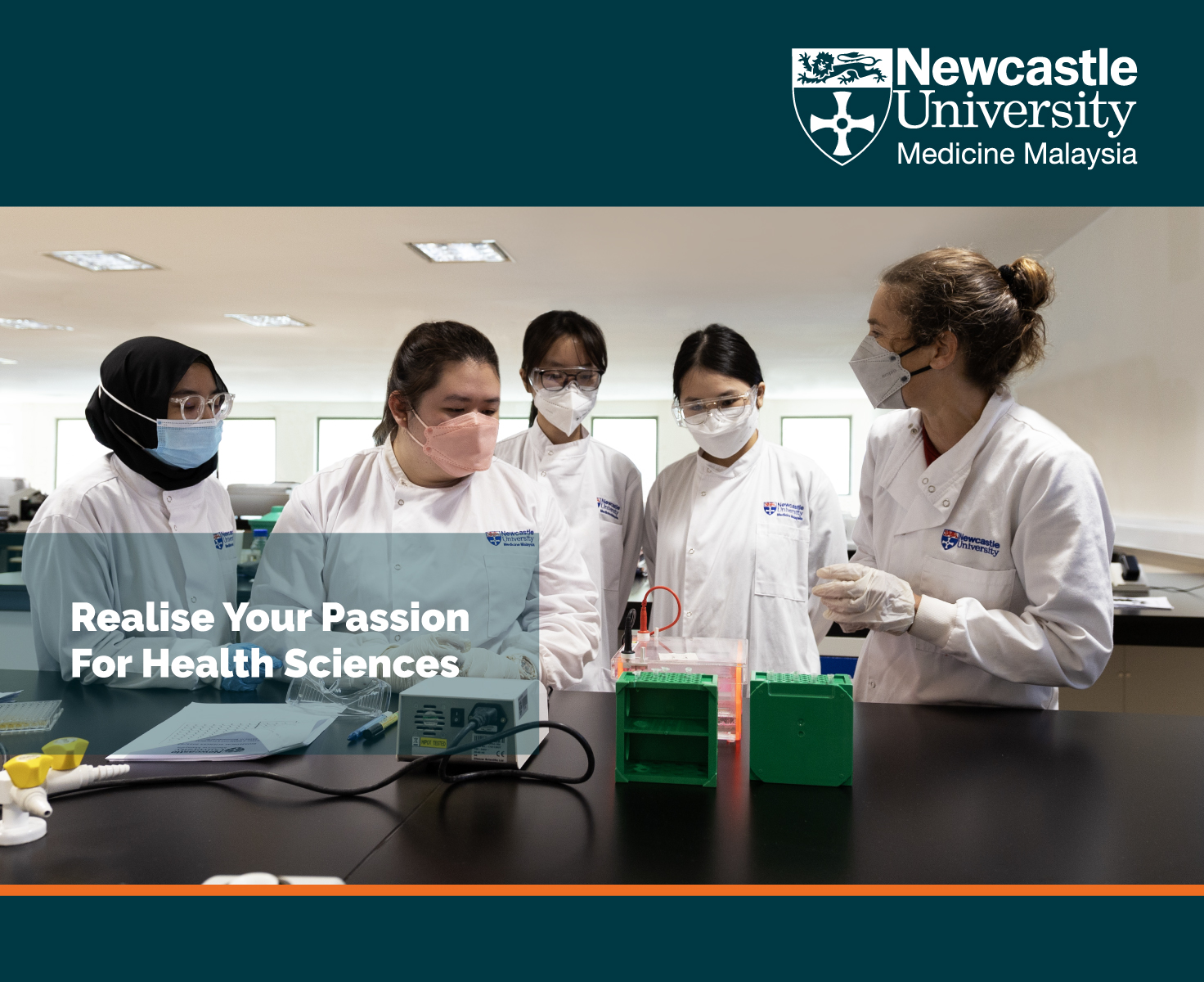Studying Public Health
Public health is defined as the science of bettering the health of people and their surrounding communities. This can range from small neighbourhoods to entire countries. The main elements of public health are communication, surveillance, epidemics, disease prevention, analysis, risk, research and health promotion. Professionals in public health strive to research disease and injury prevention, detect and prevent infectious diseases, and promote healthy lifestyles.
Academic Pathway
In Malaysia, Public Health programmes are usually offered at postgraduate level. Individuals can enrol in the many Masters in Public Health programmes available today. A full-time Masters in Public Health programme takes a minimum of one year to complete. Part-time programmes can be completed in two to six years depending on the individual. This programme aims to expand the knowledge of public health and impart skills that will allow individuals to contribute in academic institutions, health services, medical facilities and research.
Generally, Masters in Public Health students will learn about a variety of topics such as emergency medicine, disaster management, community health, anthropology, and sociology of health and illness. Some of the subjects to expect in the programme are Introduction to Public Health, Introduction to Biostatistics, Principles of Epidemiology, Family Health, Occupational and Environmental Health and Healthcare Management. Students will also learn about Research Methodology, International Health Legislation, Sustainable Development and Urban Health, Disaster Response and Management, Health Security, Climate Change and Health, Risk Assessment and Management, Healthcare Financing and Universal Health Coverage.
Job Scope
Qualifications in Public Health are beneficial for those thinking of pursuing careers as environmental health practitioners, epidemiologists, health and safety advisers, health improvement practitioners, health visitors, nutritionists and occupationalhygienists, among others. Graduates may also find employment as lecturers, researchers and programme managers in the public health field. Professionals in public health mainly work to implement educational programmes, recommend policies, administer services and conduct research in the area of awareness and prevention. This is in contrast to medical professions like doctors and nurses, who focus on curing individuals after they become sick or injured. They also aim to promote quality healthcare that is accessible to everyone.
Individuals Suited for the Programme
Public health is a good area to pursue for individuals already working in medical professions such as doctors, nurses, paramedics, bio-technologists, biomedical personnel, hygienists, environmental engineers, safety and health officers as well as other allied health professionals. This programme is also open to individuals in non-medical professions who are interested in healthcare as a whole and who may be interested in areas such as the development of vaccination programmes, better workplace safety, family planning, and improvements to food and water safety.
Skills Needed
Those interested in working in the public health sector need to have good verbal and written communication skills, especially when it comes to developing education programmes and pamphlets, and writing reports. A strong work ethic and the ability to work in a team is also beneficial. In addition, individuals need to be adaptable and flexible as the public health field is always changing and may require unusual work hours. Competent IT and technical skills are also needed for research, data collection and analysis purposes. Other important skills to have include interpersonal skills, problem-solving skills and initiative.
In light of recent events, public health is more relevant than ever and more expertise is needed in the field. Public health professionals work tirelessly to prevent disease and injury and in turn keep people and communities around the world safe and healthy.
Advices





News from Institutions















